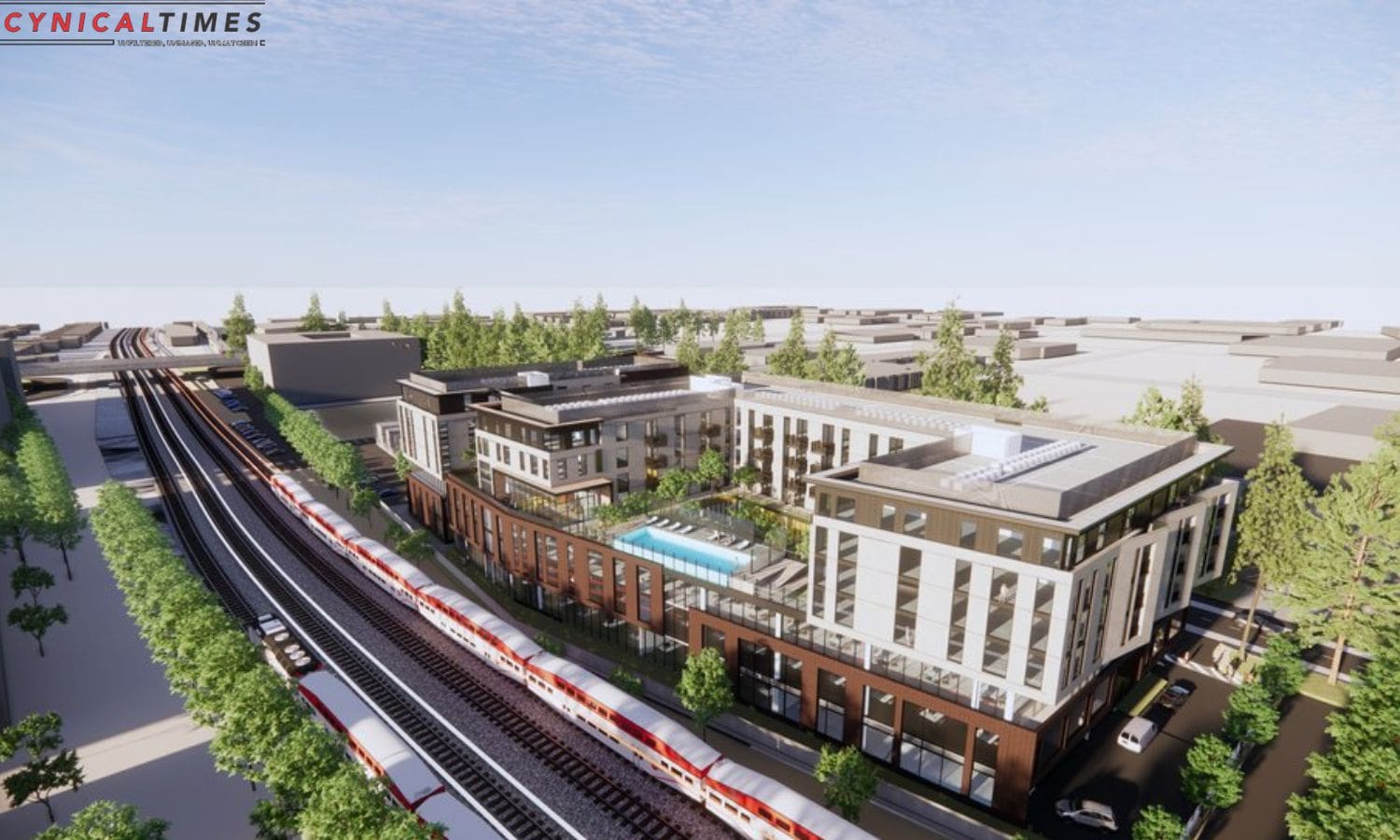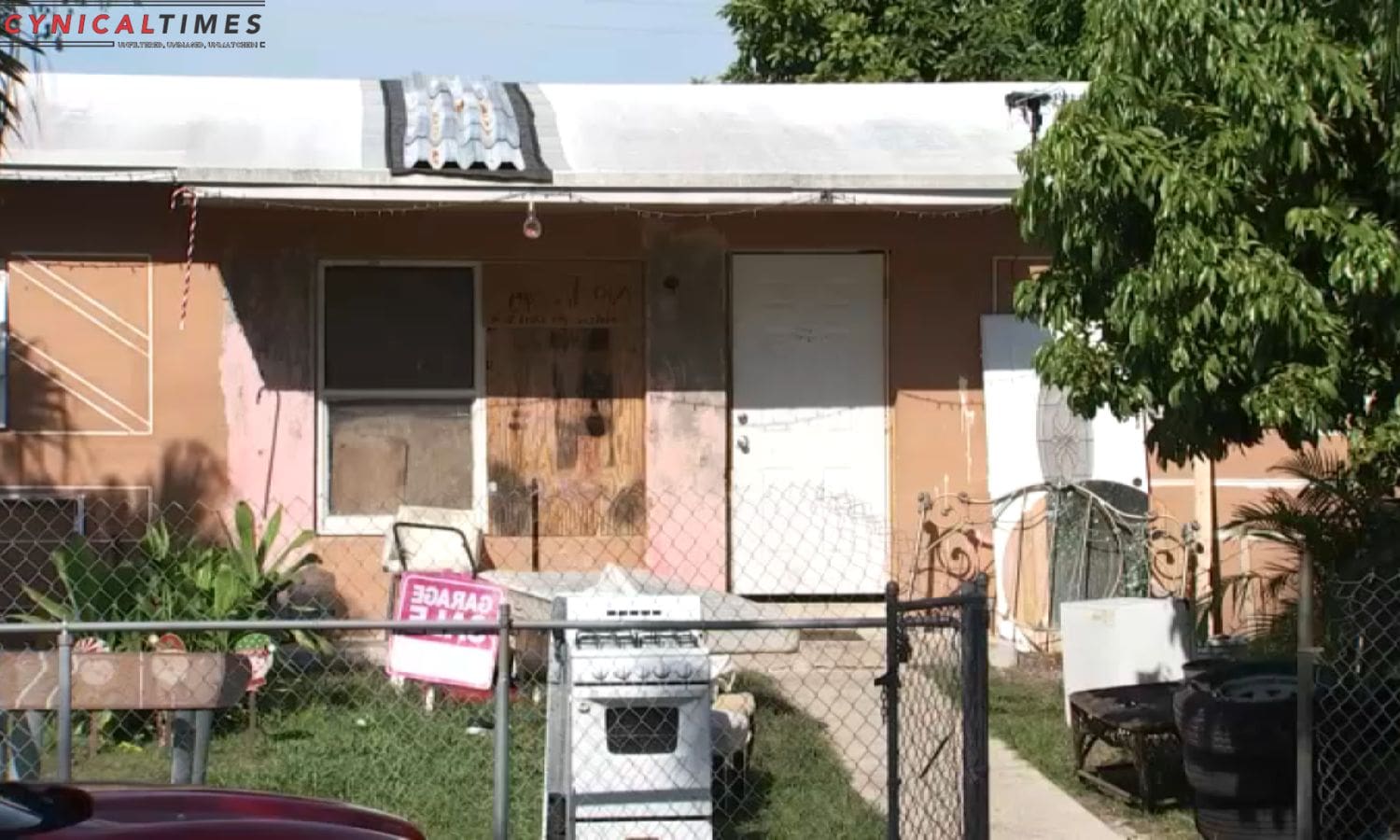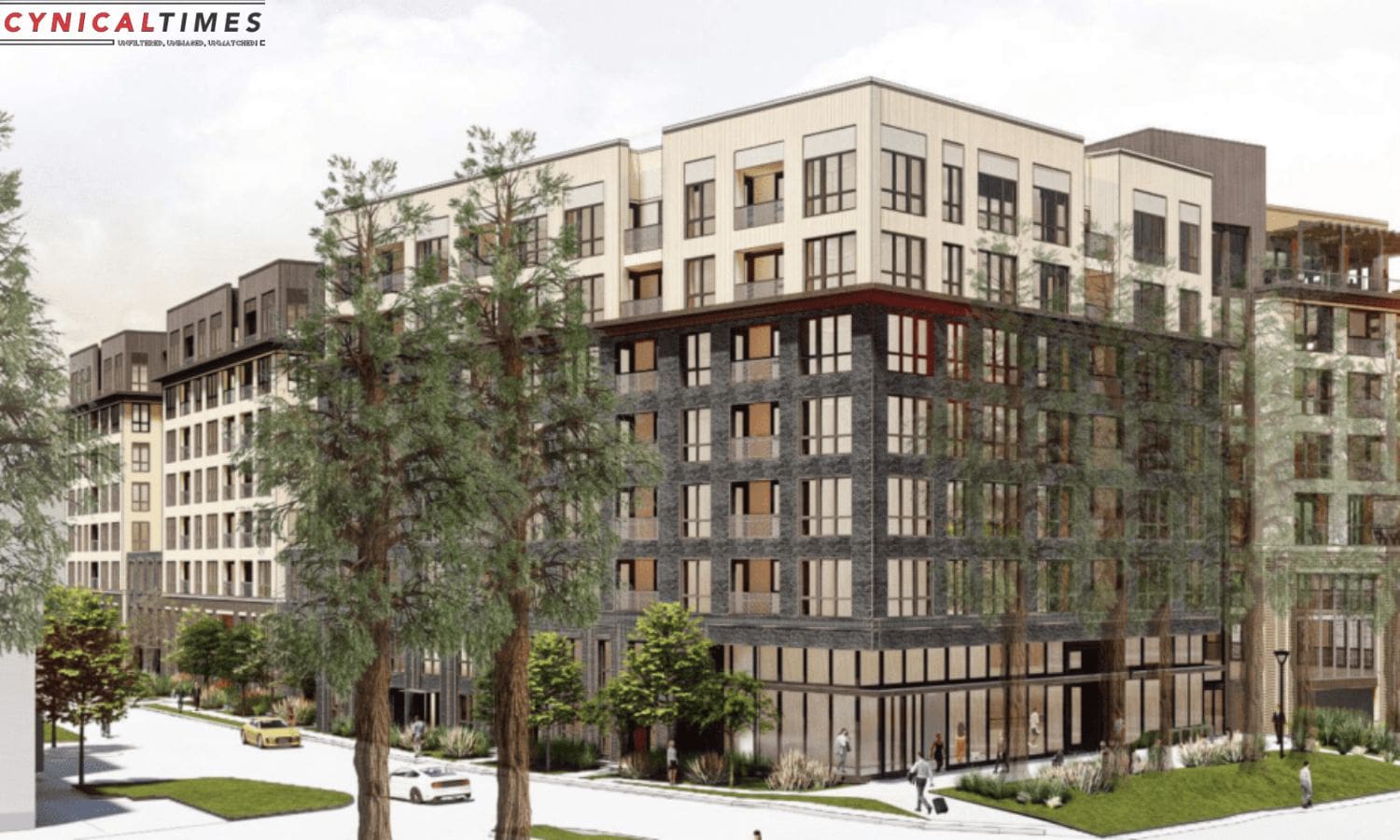Sunnyvale Housing Plan Hits a Snag: In the heart of Sunnyvale, a proposed housing development at 1150-1170 Kifer Road is facing a potential setback as concerns about exposure to cancerous chemicals take center stage. The Sunnyvale City Council is set to deliberate an appeal from the Laborers International Union of North America, Local 270, questioning the approval recommendation by the Sunnyvale Planning Commission. The crux of the matter revolves around potential high indoor formaldehyde emissions from the project, a factor the union claims was overlooked in the city’s environmental impact report.
Formaldehyde, a known carcinogen according to California’s Prop. 65, is commonly found in adhesive products, including plywood. The union contends that the city should halt the project and conduct another environmental review to assess the indoor air quality concerns. However, city officials are urging councilmembers to reject the appeal, citing reasons such as outdated citations and speculation in the appeal’s independent review. They argue that the California Environmental Quality Act (CEQA) does not regulate the impact of a housing project on itself.
The development in question entails the demolition of a parking lot behind two office buildings to make way for an eight-story building featuring 225 apartments, developed by the Prometheus Real Estate Group. Despite the union’s appeal pointing to potential cancer risks associated with formaldehyde, city documents reveal that no specific environmental impact report was conducted for this project. Instead, the city references previous environmental reviews for the Lawrence Station Area Plan from 2016 and 2021.


Also Read: The Rise of Cupertino Urban Symphony: Travis Kalanick’s Vision Adjusts Amidst Challenges!
The union’s appeal draws attention to a review by Indoor Environmental Engineering President Francis J. Offermann, indicating a projected cancer risk of 120 parts per million due to formaldehyde exposure in the proposed apartment building. CEQA’s permissible levels for airborne cancer risk stand at 10 parts per million. The union insists on a recalculation by the city to assess the chemical’s expected presence in various parts of the building.
City officials, however, argue that conflicting expert opinions do not warrant a new environmental impact report. Consultant Ascent Environmental, contracted by the city, rebuts the union’s concerns as speculative and based on assumptions about construction materials. Despite the ongoing drama, city spokespeople note that such appeals are not uncommon, citing a similar 2020 appeal by the union concerning a proposed hotel development.


The development’s location near the Lawrence Caltrain station aligns with Sunnyvale’s broader efforts to meet state housing requirements. With the city tasked to build nearly 12,000 homes by 2031, including over 6,700 below-market rate units, the stakes are high for the housing symphony playing out in Sunnyvale’s vibrant landscape. As the city council weighs the appeal, the fate of this housing project hangs in the balance, with implications for the broader push toward meeting regional housing needs.
Our Reader’s Queries
Is Google still building a campus in San Jose?
Google has put a stop to the construction of its 80-acre campus in San Jose, California, following the initial demolition phase. According to insiders, the company has no immediate plans to resume the project.

